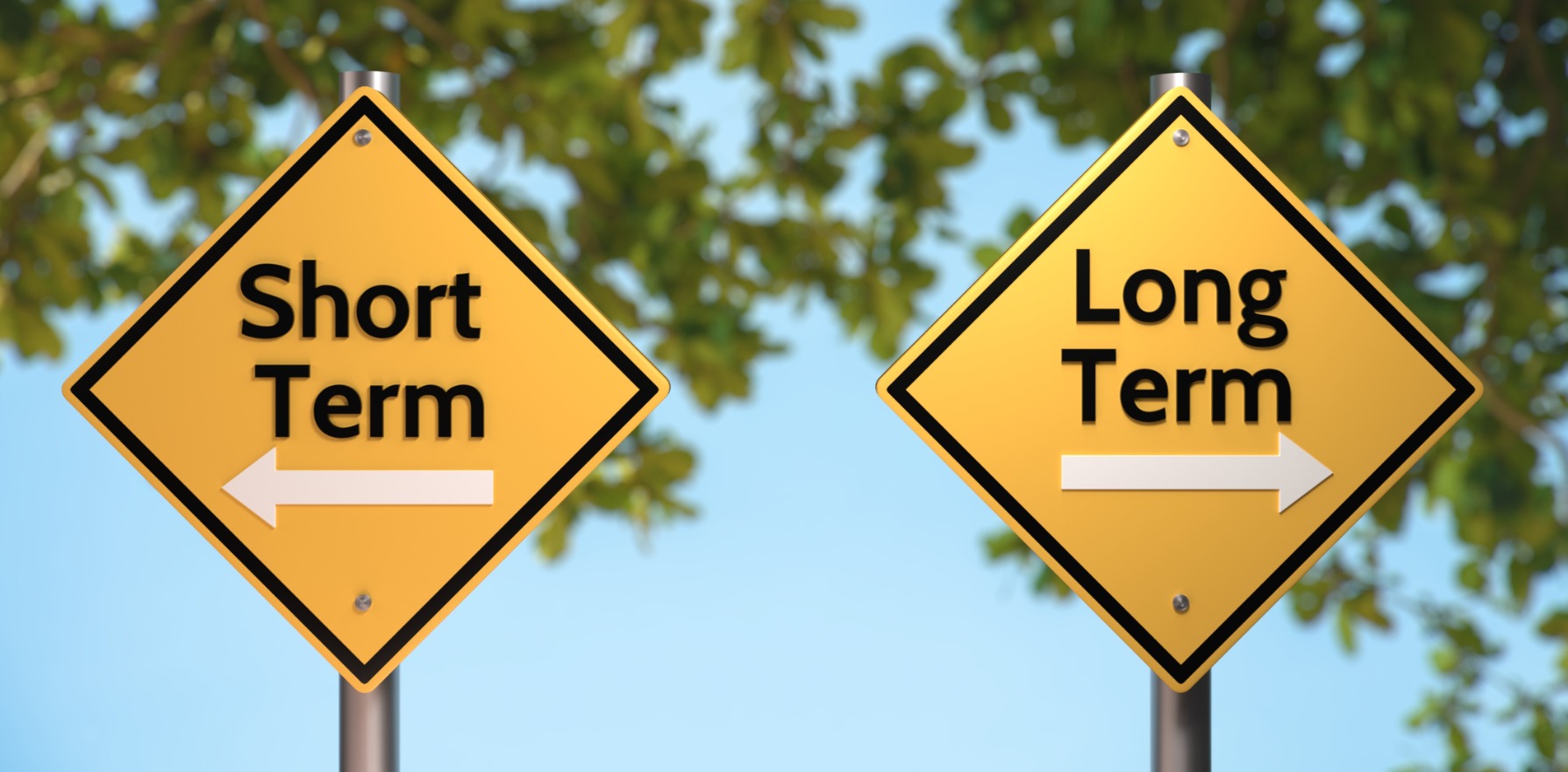For young children with non-severe pneumonia, a shorter course of antibiotics works just as well.
A shorter course of antibiotics is just as effective as longer treatment in children with non-severe pneumonia, according to new research in JAMA Pediatrics.
Globally, community-acquired pneumonia kills around 920,000 children under five each year, the authors said. Limiting antibiotics to the shortest effective duration was critical to enhance adherence and reduce adverse drug effects, antimicrobial resistance and costs.
“However, an inappropriately shortened course of therapy may lead to treatment failure, impaired lung function, or, in some cases, even death,” they said.
The Chinese systematic review and analysis included more than 11,000 children aged between two months and five years with non-severe community-acquired pneumonia.
Their analysis found that treatment failure occurred in 12.8% of children taking shorter courses of antibiotics compared to 12.6% of children who took longer courses.
Treatment failure was defined as the persistence of pneumonia or any new signs of pneumonia – such as lethargy, unconsciousness, seizures, or being unable to drink – fever after treatment, hospitalisation or death.
They also found that a shorter course of antibiotics was associated with fewer adverse events including gastroenteritis and rash, lower caregiver absenteeism and lower medical costs.
“Furthermore, our results showed that a three-day course of antibiotic treatment was non-inferior to a five-day course and that a five-day course was non-inferior to a 10-day course,” the authors said.
Under Australian guidelines, oral amoxicillin 30 mg/kg is recommended three times a day for three to five days for children who do not need hospitalisation.
The researchers said their sub-group analysis also suggested that a three-day course of antibiotics was as effective as a five-day course for children with chest-indrawing pneumonia.
“We believe that our current findings may allow for harmonisation and simplification of treatment courses to three days for both fast-breathing and chest-indrawing pneumonia in children,” they said.
However, the researchers said there was insufficient data for subgroup analyses for each infection type.
“Clinicians should consider prescribing a shorter course of antibiotics for non-severe community-acquired pneumonia in children aged two months to 59 months in accordance with antimicrobial stewardship principles,” the authors wrote.


